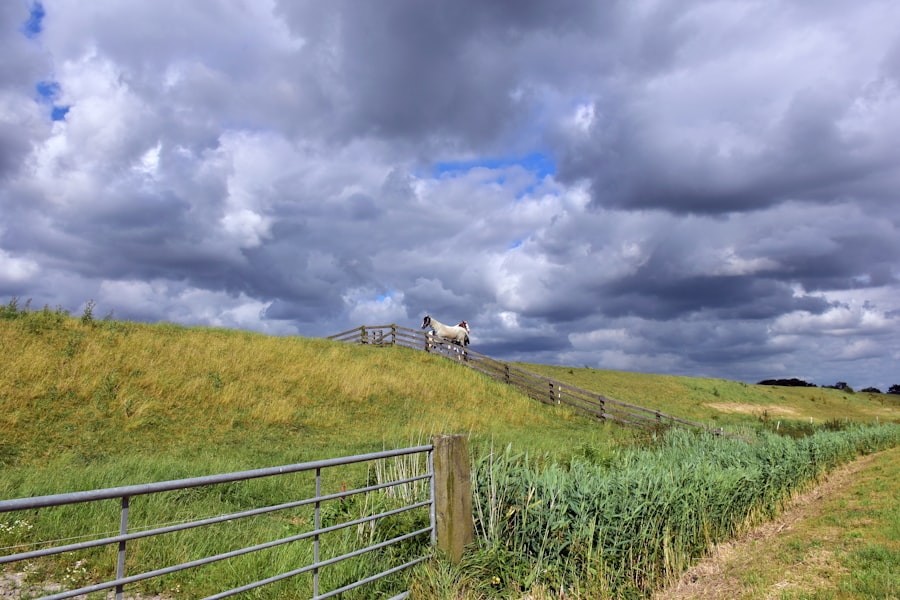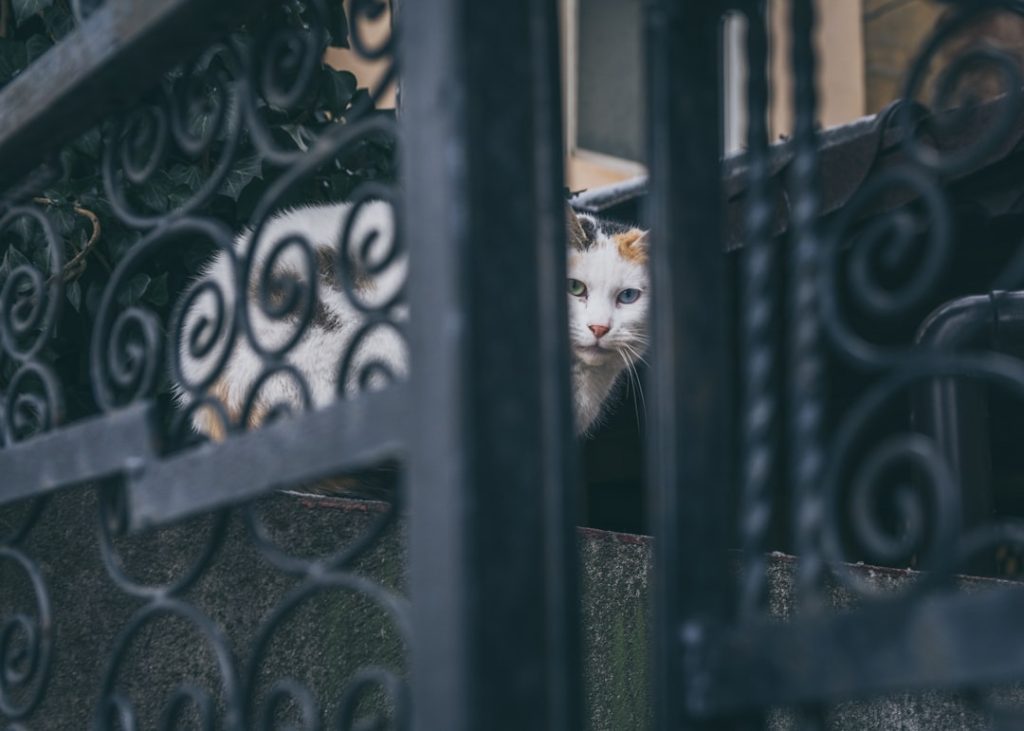When selecting chickens for a backyard flock, several factors should be considered. Climate is a crucial element, as some breeds are better adapted to cold weather, while others thrive in warmer conditions. The purpose of raising chickens is also important, whether for egg production, meat, or as pets.
For egg production, breeds such as Rhode Island Red, Leghorn, and Australorp are popular due to their high laying capacity and relatively low maintenance requirements. Meat-producing breeds like Cornish Cross and Freedom Ranger are known for rapid growth and high meat yield. For those seeking companion animals, Silkies and Orpingtons are often chosen for their friendly and docile nature.
Available space is another critical factor. Some breeds are better suited to confined areas, while others require more room to roam. The temperament of the breed should also be considered, as some chickens are more docile and others more aggressive.
Selecting a breed that aligns with the keeper’s lifestyle and available resources is essential for a successful backyard flock.
Table of Contents
- 1 Building a Secure Iron Fence Enclosure for Your Chickens
- 2 Providing Proper Shelter and Nesting Areas for Your Chickens
- 3 Feeding and Watering Your Chickens
- 4 Maintaining Cleanliness and Hygiene in the Chicken Coop
- 5 Protecting Your Chickens from Predators
- 6 Monitoring the Health and Well-being of Your Chickens
- 7 FAQs
- 7.1 What are the benefits of keeping backyard chickens with an iron fence?
- 7.2 What should I consider when choosing an iron fence for my backyard chickens?
- 7.3 How can I maintain an iron fence for my backyard chickens?
- 7.4 Are there any regulations or restrictions for keeping backyard chickens with an iron fence?
- 7.5 What are some tips for keeping backyard chickens safe with an iron fence?
Key Takeaways
- Consider the climate, space, and purpose of raising chickens when choosing the right breed for your backyard.
- Build a secure iron fence enclosure to protect your chickens from predators and ensure their safety.
- Provide proper shelter and nesting areas to keep your chickens comfortable and encourage egg-laying.
- Ensure your chickens have access to a balanced diet and clean water to maintain their health and productivity.
- Regularly clean the chicken coop and practice good hygiene to prevent diseases and maintain a healthy environment for your chickens.
- Implement measures to protect your chickens from predators such as installing motion-activated lights and using predator-proof fencing.
- Monitor the health and well-being of your chickens by observing their behavior, checking for signs of illness, and seeking veterinary care when necessary.
Building a Secure Iron Fence Enclosure for Your Chickens
Designing the Enclosure
When designing and constructing the enclosure, it’s essential to consider the size of your flock and the space they will need to roam and forage. The enclosure should be large enough to allow the chickens to move around freely, but also secure enough to keep them safe from predators.
Choosing the Right Materials
When building an iron fence enclosure, it’s crucial to use high-quality materials that will withstand the elements and provide adequate protection for your chickens. The fence should be tall enough to prevent predators from jumping over it, and the mesh or bars should be small enough to prevent predators from reaching through and grabbing the chickens. Additionally, it’s essential to bury the fence underground to prevent predators from digging underneath it.
Additional Security Measures
In addition to the fence itself, it’s vital to consider other security measures such as locks on the gates and predator-proofing the coop. By taking these steps, you can ensure that your chickens are safe and secure in their enclosure.
Providing Proper Shelter and Nesting Areas for Your Chickens

Providing proper shelter and nesting areas for your chickens is essential for their health and well-being. When designing a coop for your chickens, it’s important to consider the size of your flock and provide enough space for each chicken to roost comfortably. Additionally, the coop should be well-ventilated to prevent moisture buildup and provide a healthy environment for the chickens.
When it comes to nesting areas, it’s important to provide enough nesting boxes for your hens to lay their eggs. The nesting boxes should be dark and secluded to provide a sense of security for the hens. Additionally, it’s important to keep the nesting boxes clean and free of debris to prevent the spread of disease.
In addition to the coop, it’s important to provide outdoor shelter for your chickens to protect them from the elements. This can be in the form of a covered run or a separate sheltered area where the chickens can seek refuge from rain, sun, or wind. By providing proper shelter and nesting areas for your chickens, you can ensure that they are comfortable and healthy.
Feeding and Watering Your Chickens
Feeding and watering your chickens is an essential part of caring for them. When it comes to feeding, it’s important to provide a balanced diet that meets the nutritional needs of your flock. This can include commercial chicken feed, as well as kitchen scraps and foraged greens.
It’s important to provide access to fresh food at all times and ensure that the feed is stored in a secure container to prevent spoilage and contamination. In addition to feeding, it’s important to provide clean and fresh water for your chickens at all times. Chickens require a constant supply of water to stay healthy and hydrated.
It’s important to regularly clean and refill their water containers to prevent the spread of disease and ensure that they have access to clean water at all times. When it comes to feeding and watering your chickens, it’s important to monitor their intake and make adjustments as needed. For example, during hot weather, chickens may require more water to stay hydrated, while during cold weather, they may require more food to maintain their body temperature.
By paying attention to their feeding and watering needs, you can ensure that your chickens are healthy and thriving.
Maintaining Cleanliness and Hygiene in the Chicken Coop
Maintaining cleanliness and hygiene in the chicken coop is essential for preventing disease and ensuring the health of your flock. Regular cleaning of the coop is important to remove droppings, feathers, and other debris that can harbor bacteria and parasites. This can include sweeping out the coop, replacing bedding, and disinfecting surfaces as needed.
In addition to regular cleaning, it’s important to practice good hygiene when handling your chickens. This can include washing your hands before and after handling them, as well as wearing protective clothing and footwear when working in the coop. By practicing good hygiene, you can prevent the spread of disease between your flock and yourself.
It’s also important to monitor the health of your chickens regularly and seek veterinary care if you notice any signs of illness. By maintaining cleanliness and hygiene in the chicken coop, you can create a healthy environment for your flock and prevent the spread of disease.
Protecting Your Chickens from Predators

Building a Secure Fence Enclosure
One of the most effective measures is to build a secure fence enclosure around the coop and run area. This can include using high-quality materials such as iron fencing with small mesh or bars that predators cannot penetrate.
Predator-Proofing the Coop
In addition to a secure fence enclosure, it’s important to predator-proof the coop itself. This can include using hardware cloth on windows and vents, as well as securing doors with locks or latches.
Additional Deterrents and Protections
It’s also important to bury the fence underground to prevent predators from digging underneath it. Another effective way to protect your chickens from predators is by using deterrents such as motion-activated lights or sound devices. These can startle predators and discourage them from approaching the coop. Additionally, keeping a guard dog or other animals that can help protect the flock can also be effective. By taking these measures, you can protect your chickens from predators and create a safe environment for them to thrive.
Monitoring the Health and Well-being of Your Chickens
Monitoring the health and well-being of your chickens is essential for catching any potential issues early on and providing proper care. Regularly observing your flock for any signs of illness or injury is important in maintaining their health. This can include checking for any changes in behavior, appearance, or egg production.
In addition to visual monitoring, it’s important to handle your chickens regularly to check for any abnormalities such as lumps or injuries. By getting familiar with how your chickens look and feel when they are healthy, you will be better equipped to notice any changes that may indicate a health issue. It’s also important to keep records of your chickens’ health, including vaccinations, deworming schedules, and any treatments they may have received.
This can help you track their health history and make informed decisions about their care. If you notice any signs of illness or injury in your flock, it’s important to seek veterinary care promptly. Early intervention can often make a big difference in treating health issues in chickens.
By monitoring the health and well-being of your chickens regularly, you can ensure that they are healthy and thriving in your backyard environment.
If you’re considering keeping backyard chickens and want to ensure their safety, you may want to consider installing an iron fence. According to a related article on Poultry Wizard, having a secure enclosure is essential for keeping chickens safe from predators. The article provides tips on how to build a chicken coop and nest box, as well as advice on the best types of fencing to use. With the right setup, you can create a safe and comfortable environment for your feathered friends. Check out the article here for more information on keeping backyard chickens.
FAQs
What are the benefits of keeping backyard chickens with an iron fence?
Keeping backyard chickens with an iron fence provides a secure and durable enclosure for the chickens, protecting them from predators and ensuring they do not wander into unwanted areas of the yard.
What should I consider when choosing an iron fence for my backyard chickens?
When choosing an iron fence for backyard chickens, consider the height and spacing of the fence to prevent predators from entering the enclosure. Also, ensure the fence is sturdy and well-anchored to the ground to prevent any potential escape or intrusion.
How can I maintain an iron fence for my backyard chickens?
Maintaining an iron fence for backyard chickens involves regular inspections for rust or damage, and promptly addressing any issues to ensure the fence remains secure and effective in protecting the chickens.
Are there any regulations or restrictions for keeping backyard chickens with an iron fence?
Regulations and restrictions for keeping backyard chickens with an iron fence vary by location, so it’s important to check with local authorities or homeowner’s associations to ensure compliance with any relevant rules or guidelines.
What are some tips for keeping backyard chickens safe with an iron fence?
Some tips for keeping backyard chickens safe with an iron fence include regularly checking for any gaps or weaknesses in the fence, providing a secure coop for the chickens to roost at night, and using additional measures such as predator-proofing the enclosure with wire mesh or electric fencing.
Meet Walter, the feathered-friend fanatic of Florida! Nestled in the sunshine state, Walter struts through life with his feathered companions, clucking his way to happiness. With a coop that’s fancier than a five-star hotel, he’s the Don Juan of the chicken world. When he’s not teaching his hens to do the cha-cha, you’ll find him in a heated debate with his prized rooster, Sir Clucks-a-Lot. Walter’s poultry passion is no yolk; he’s the sunny-side-up guy you never knew you needed in your flock of friends!







